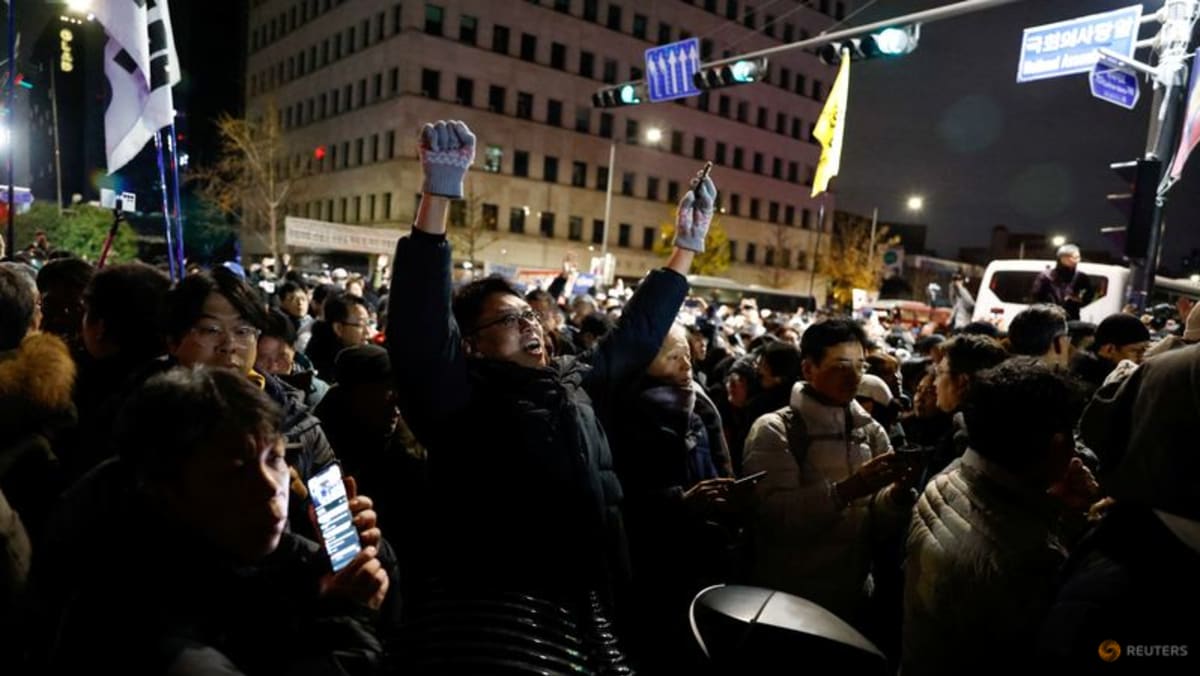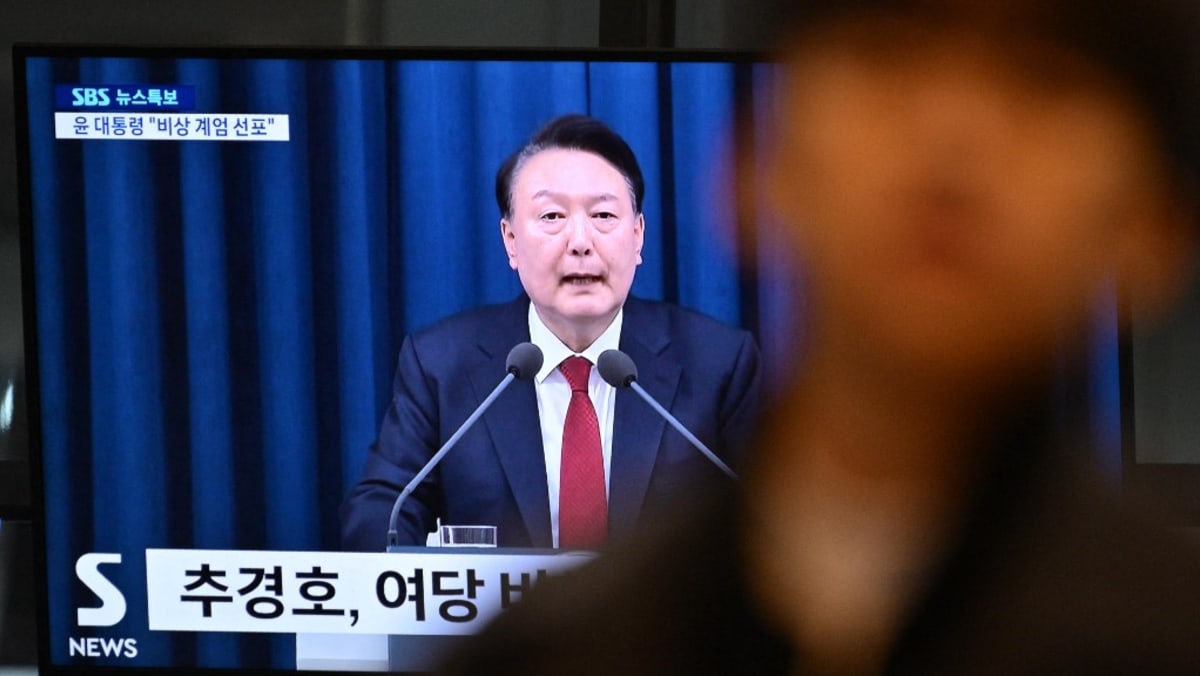KUALA LUMPUR: Malaysia’s new amendments to laws governing the internet – which include penalties several times harsher than current provisions – have been panned by civil society groups and experts, who say the changes could be seen to include a backdoor attempt to legislate a “fake news” law.
On Dec 2, Communications Minister Fahmi Fadzil tabled in parliament proposed changes to the Communications and Multimedia Act (CMA).
The proposed penalties include fines of up to RM1 million and imprisonment of up to 10 years for offences that currently incur fines of RM300,000 and prison terms of up to three years.
According to news portal Scoop, the harsher punishments could apply to 25 violations, with nine additional offences introduced.
For example, a conviction under Section 233, which deals with improper use of the internet, could lead to a fine of RM500,000 and imprisonment of two years, up from a fine of RM50,000 and a year’s jail currently.
The new offences include non-cessation of an activity where a class licence – a licence to operate a telecommunications network or service – has been cancelled. Offenders could be fined up to RM500,000 and jailed for up to five years.
Other proposed amendments are seen to give the Malaysian Communications and Multimedia Commission (MCMC) more powers without oversight, with critics saying this enables the commission to control and allow censorship.
The government previously said that the amendments to old laws and the introduction of new ones were to curb online harms such as online gambling and scams, cyberbullying and sexual crimes against children.
The amendment to the law is expected to be debated in parliament next week.
Dr Benjamin Loh, a senior lecturer in media and communication at Taylor’s University, told CNA that the proposed changes were “horrific”.
“These changes are quite horrific and beckon a return to a more oppressive state where not just media freedoms but personal freedoms are stripped away as government enforcers will be given excessive power to punish, search and monitor the media and even private citizens,” he said.
Under the proposed Section 73A, for instance, MCMC and its authorised officers and agents are given the power to search and seize information from service providers without safeguards such as the protection of journalistic sources, noted civil society groups Article 19 and the Centre for Independent Journalism (CIJ).
“Many of the proposed crimes and infractions are worded in very abstract and unclear forms, leaving much room for interpretation, which in Malaysia’s history has allowed the government to administer (them) selectively and with little recourse to challenge,” added Dr Loh.
Article 19 and the CIJ also cited the proposed Section 51A, which gives the MCMC or anyone acting on its behalf immunity from court action when acting “in good faith”.
“This ouster clause, which includes a vague and arbitrary notion such as ‘good faith’, would enable abuse of powers and create an accountability gap for human rights violations, allowing for impunity for those public officials,” they said in a statement on Dec 3.
“Furthermore, the possibility of arbitrary investigation without access to a remedy violates due process, fair trial and access to justice rights,” they added.
Both groups were also concerned about the proposed penalties.
“No rationale is provided to support the amendments for increasing sanctions, nor is there a clear justification for the quantum adopted in determining the threshold of fines and imprisonment,” they said.














